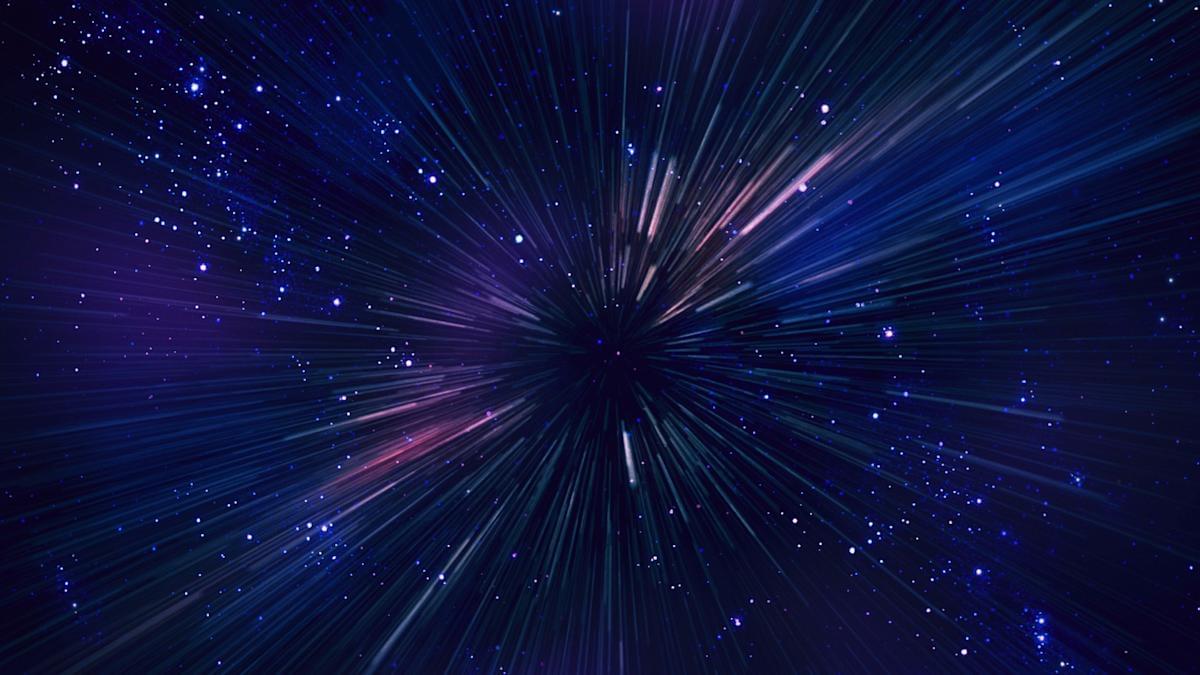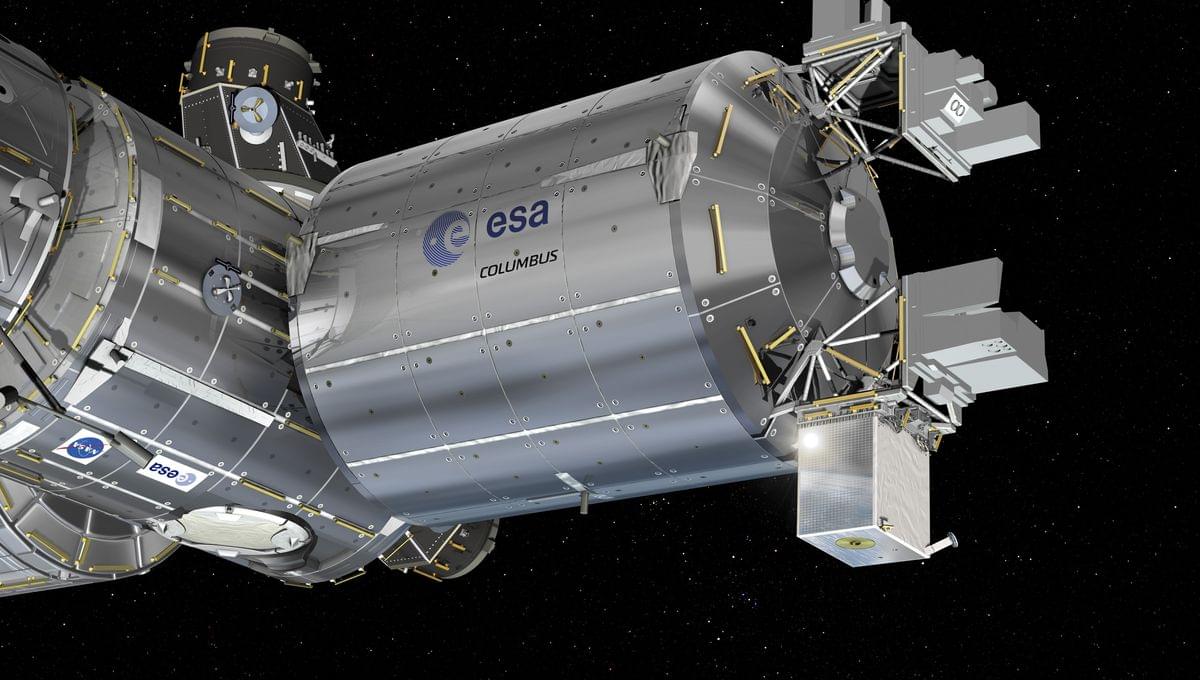For the first time, scientists have successfully built a black hole bomb in the lab, a step forward in understanding black holes and their energy potential.
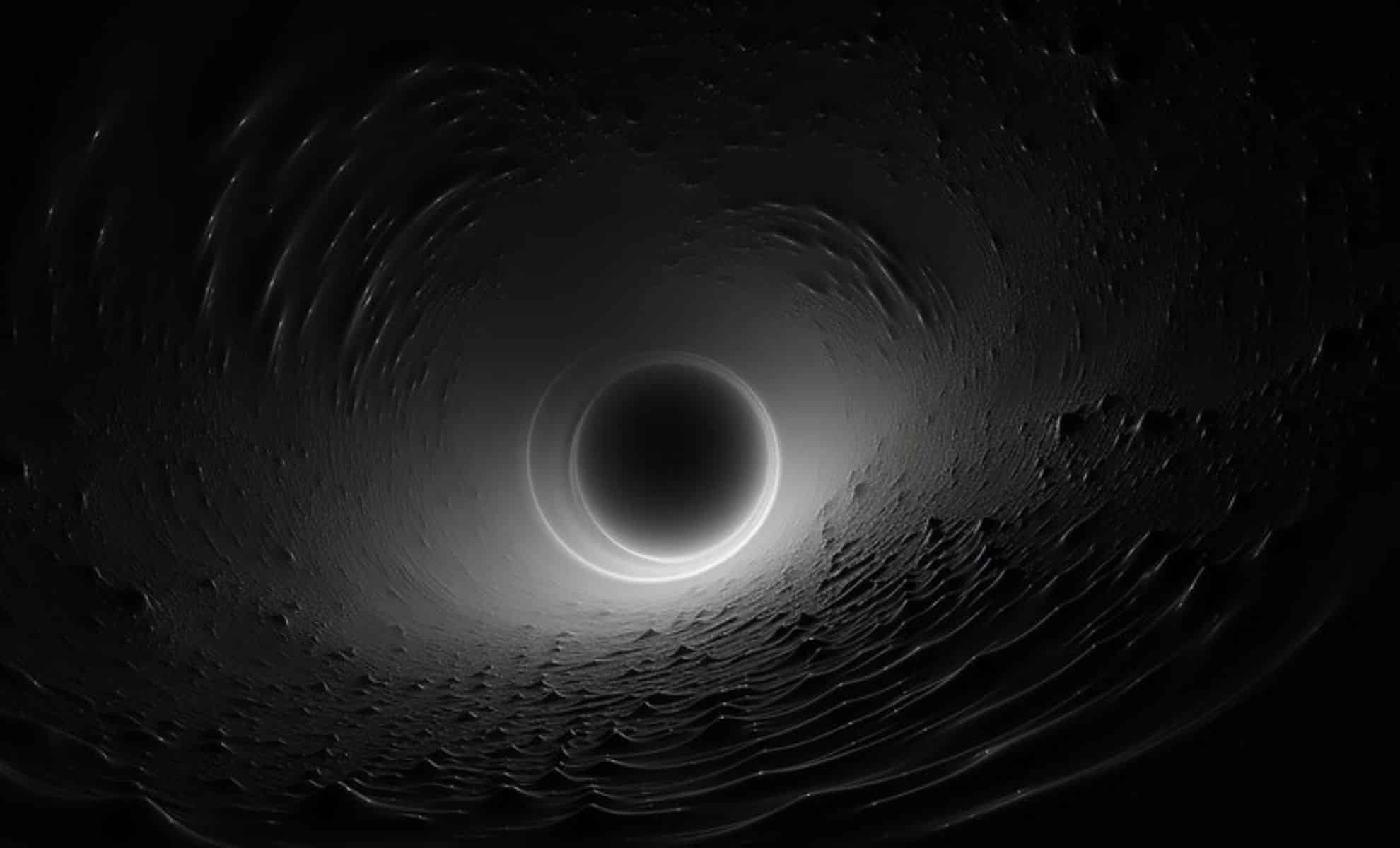

Hubble’s 35-year journey showcases humanity’s boldest space achievements, capturing everything from new stars forming to ancient galaxies.
Its discoveries revolutionized our understanding of black holes, dark energy, and distant worlds, while its stunning images made space exploration a vivid, emotional experience for people worldwide.
Hubble’s 35th Anniversary: A Stunning Celestial Celebration.
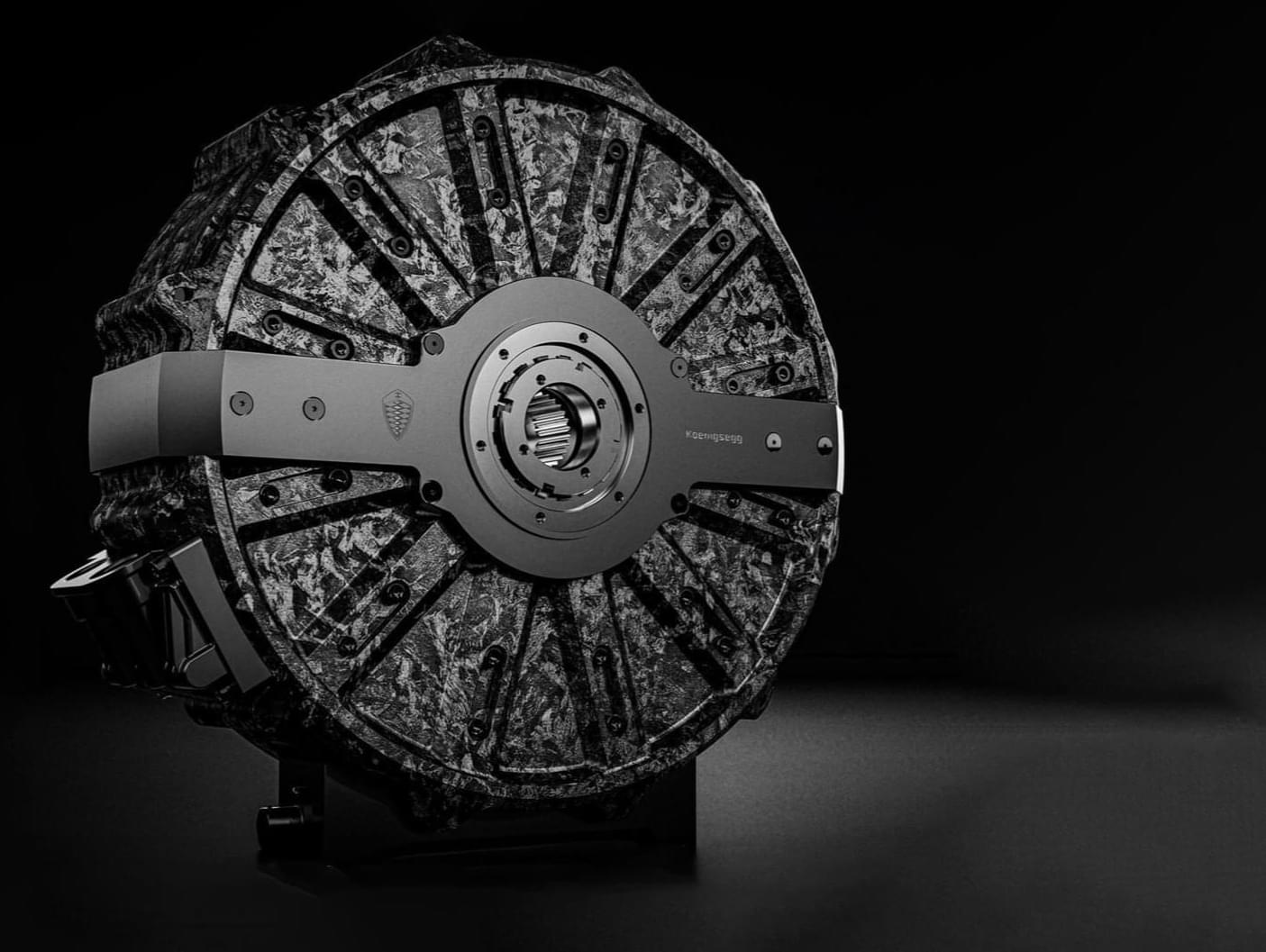
There’s no replacement for displacement. An adage that’s been around as long as the combustion engine, really. But these age-old sayings don’t really apply anymore when it comes to electric motors.
Earlier this year, we talked about Koenigsegg’s Light Speed Tourbillon Transmission (LSTT). We explored how it couples the 5-liter, 1,500 horsepower (1,119 kW), 1,106 lb-ft (1,500 Nm) of torque, “Hot V8” engine shoed into the rear of the Gemera hypercar and the 850-volt Dark Matter electric motor mounted in the front – but we never got into the specifics of this insane electric powerplant and what makes it so remarkable.
Unveiled in 2023 and stuffed into the Koenigsegg Gemera, the Dark Matter motor created an entirely new league of high-performance electric motor that didn’t quite exist before. Most of its details are still hidden away in a secret Koenigsegg vault while awaiting patent protection.
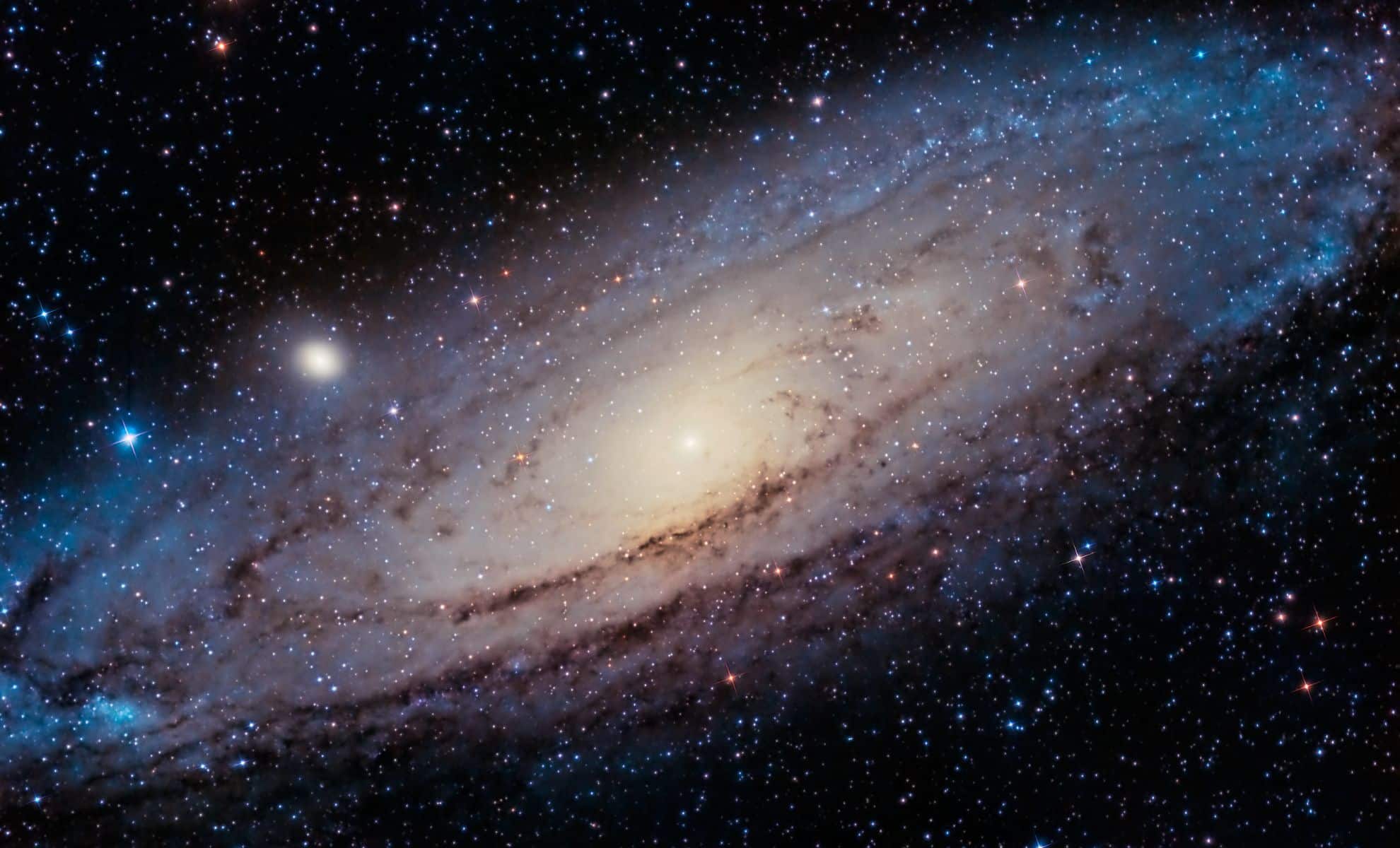
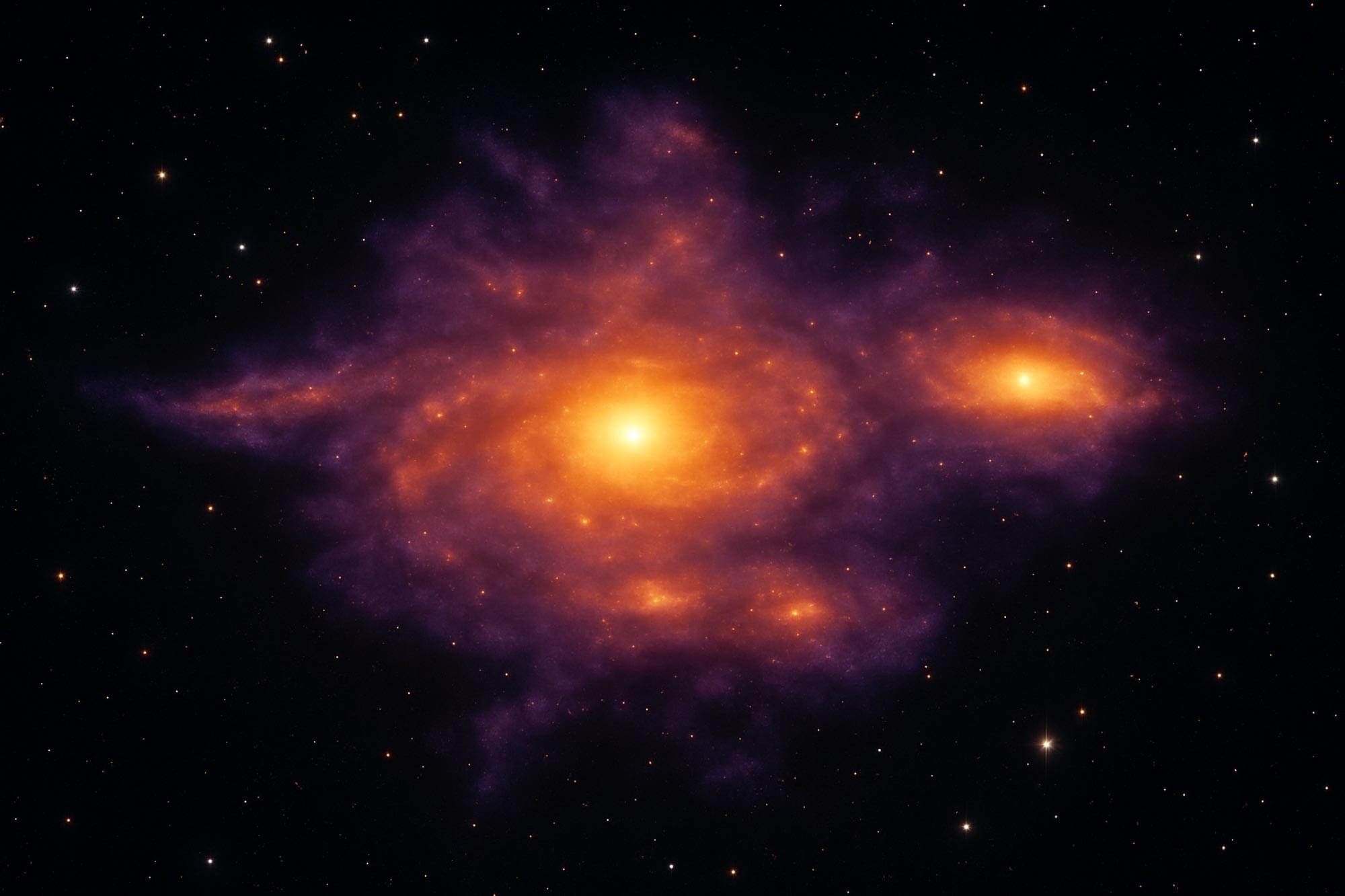
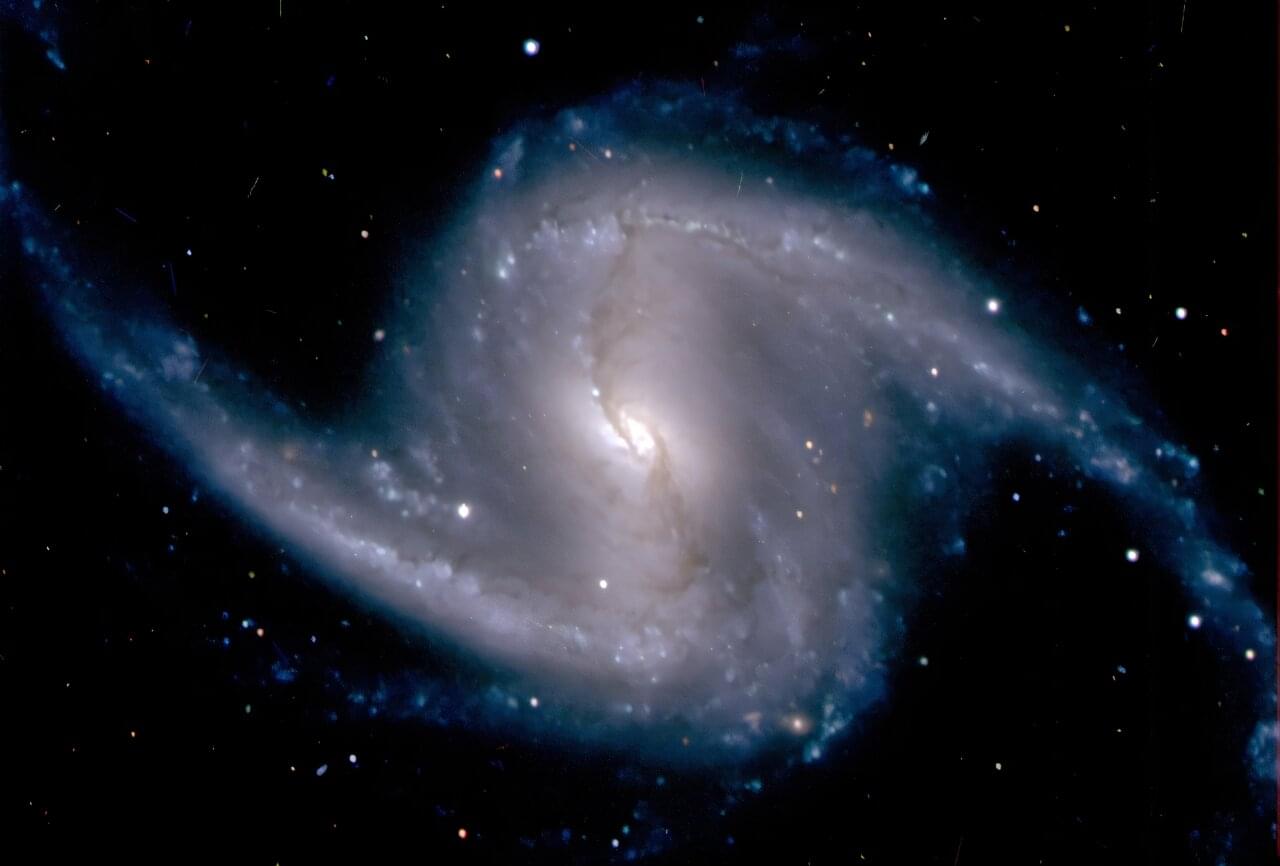
Dark energy makes up roughly 70% of the universe, yet we know nothing about it.
Around 25% of the universe is the equally mysterious dark matter, leaving just 5% for everything that we can see and touch—matter made up of atoms.
Dark energy is the placeholder name scientists have given to the unknown force causing the universe to expand faster and faster over time.
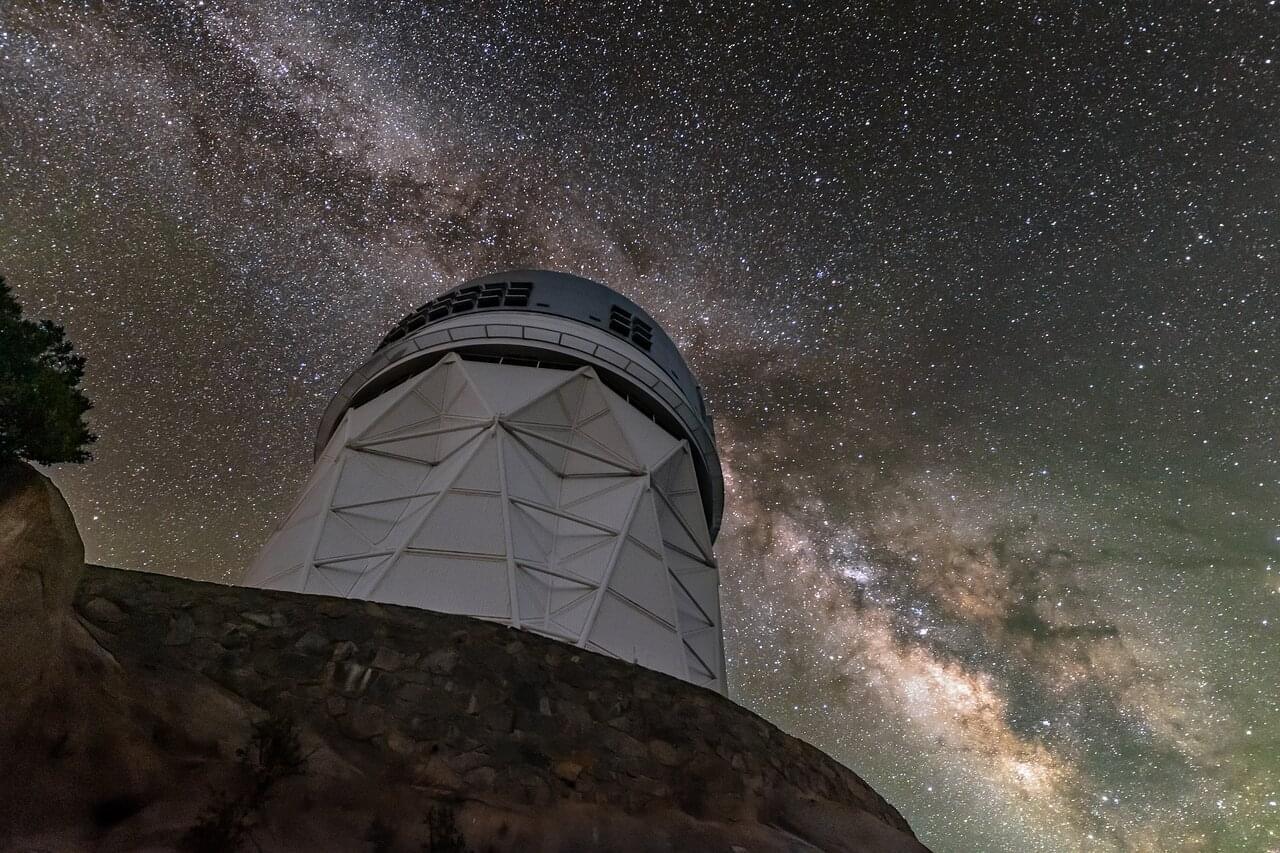
When Albert Einstein introduced his theory of general relativity in 1915, it changed the way we viewed the universe. His gravitational model showed how Newtonian gravity, which had dominated astronomy and physics for more than three centuries, was merely an approximation of a more subtle and elegant model.
Einstein showed us that gravity is not a mere force but is rather the foundation of cosmic structure. Gravity, Einstein said, defined the structure of space and time itself.
But in the past century, we have learned far more about the cosmos than even Einstein could have imagined. Some of our observations, such as gravitational lensing clearly confirm general relativity, but others seem to poke holes in the model. The rotational motion of galaxies doesn’t match the predictions of gravity alone, leading astronomers to introduce dark matter.
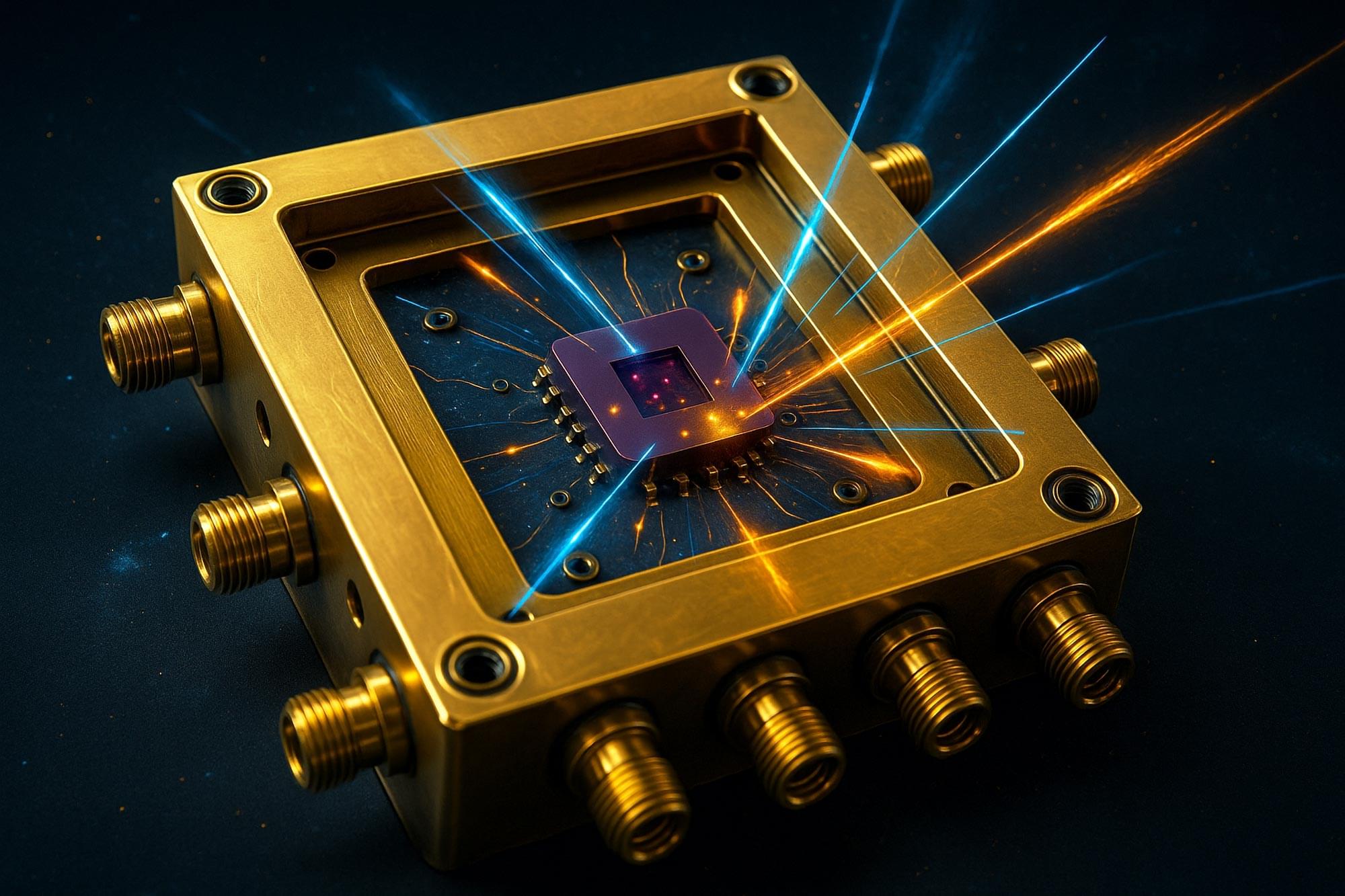
Physicists are tapping into the strange world of quantum sensors to revolutionize particle detection in the next generation of high-energy experiments.
These new superconducting detectors not only offer sharper spatial resolution but can also track events in time—essential for decoding chaotic particle collisions. By harnessing cutting-edge quantum technologies originally developed for astronomy and networking, researchers are making huge strides toward identifying previously undetectable particles, including potential components of dark matter.
Unlocking the universe with particle colliders.
